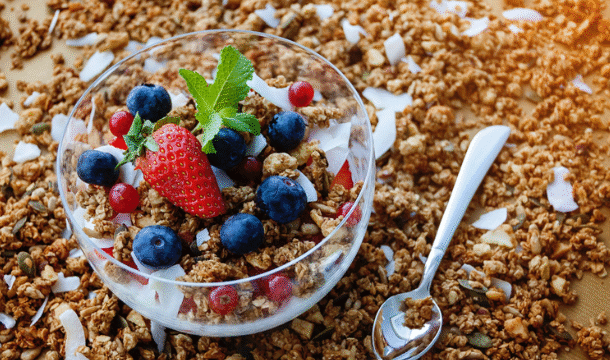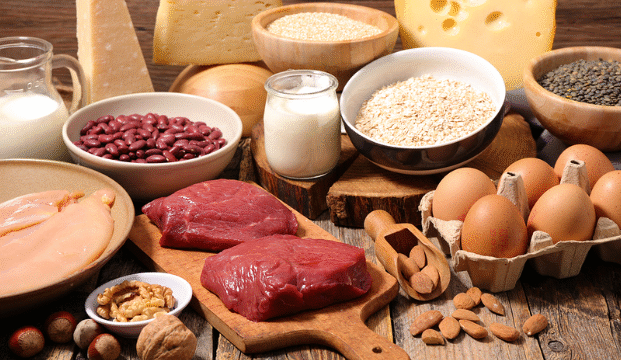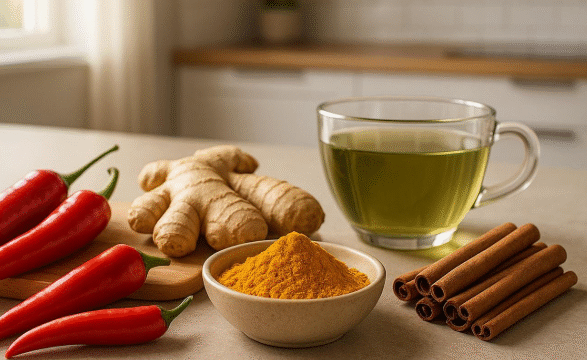Why Some Foods Prevent Overeating
The key is choosing foods that:
- Provide steady energy (protein, fiber, and healthy fats help)
- Digest slowly so you feel full for hours
- Balance blood sugar to reduce hunger spikes
Best Foods to Help Stop Overeating
1.
High-Protein Foods
Protein-rich foods like eggs, chicken, fish, tofu, beans, and Greek yogurt increase feelings of fullness.
A protein-packed breakfast can reduce snacking later in the day.
2. Fiber-Packed Vegetables
Vegetables such as broccoli, spinach, kale, carrots, and zucchini add volume to meals with very few calories. Fiber expands in your stomach, helping you feel satisfied without overeating.
3. Whole Grains
Brown rice, oats, barley, and quinoa digest more slowly than refined grains. They provide long-lasting energy, which helps prevent mid-day hunger.
4. Healthy Fats
Avocados, nuts, seeds, and olive oil promote satiety. Even small amounts of healthy fat make meals more satisfying and reduce cravings.
5. Legumes
Lentils, chickpeas, and black beans are a powerful combination of protein and fiber. They help regulate appetite and support steady energy levels.
6. Fruits with Natural Sweetness
Apples, pears, berries, and oranges contain fiber and natural sugars that satisfy sweet cravings without triggering overeating like refined desserts often do.
7. Soups and Salads Before Meals
Starting with a broth-based soup or a salad filled with leafy greens can reduce how much you eat in the main course. These foods take up space in your stomach and help control portions naturally.
Smart Eating Habits to Pair with These Foods
- Eat slowly: Give your brain time to register fullness.
- Don’t skip meals: Skipping meals can lead to eating more later.
- Drink water: Staying hydrated helps reduce false hunger signals.
- Plan balanced snacks: Nuts, yogurt, or fruit prevent overeating at mealtimes.






